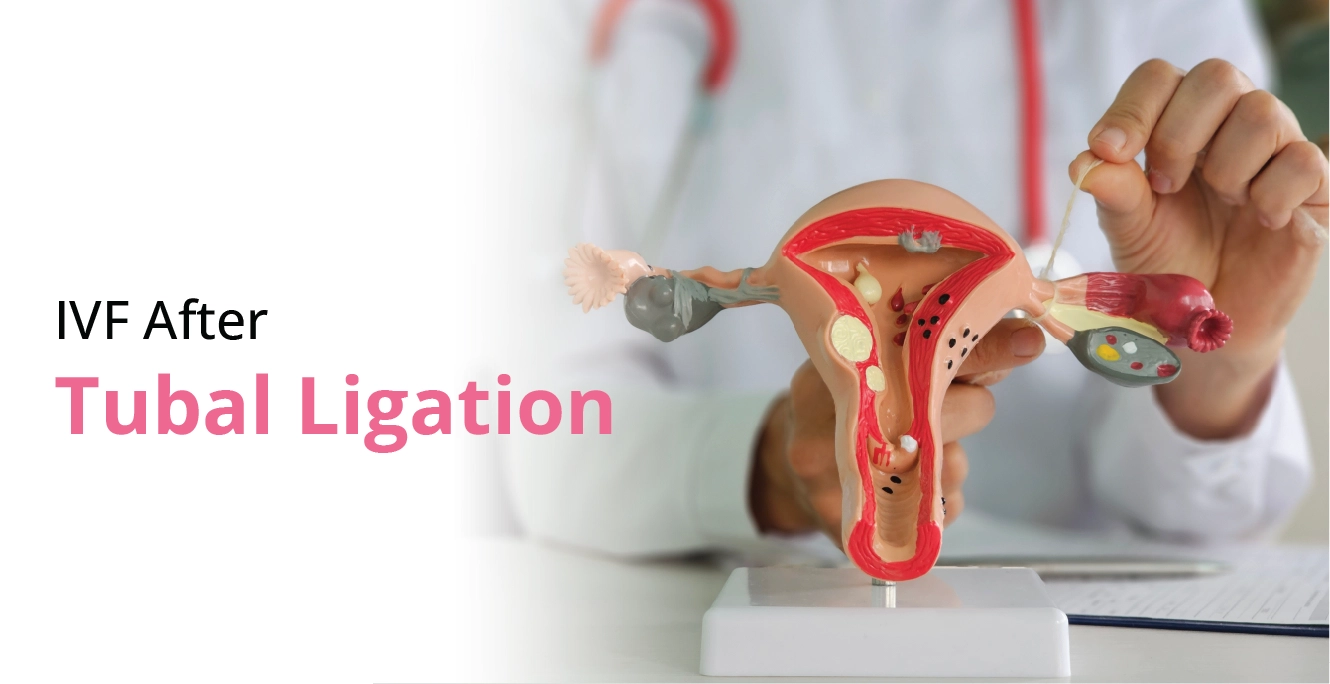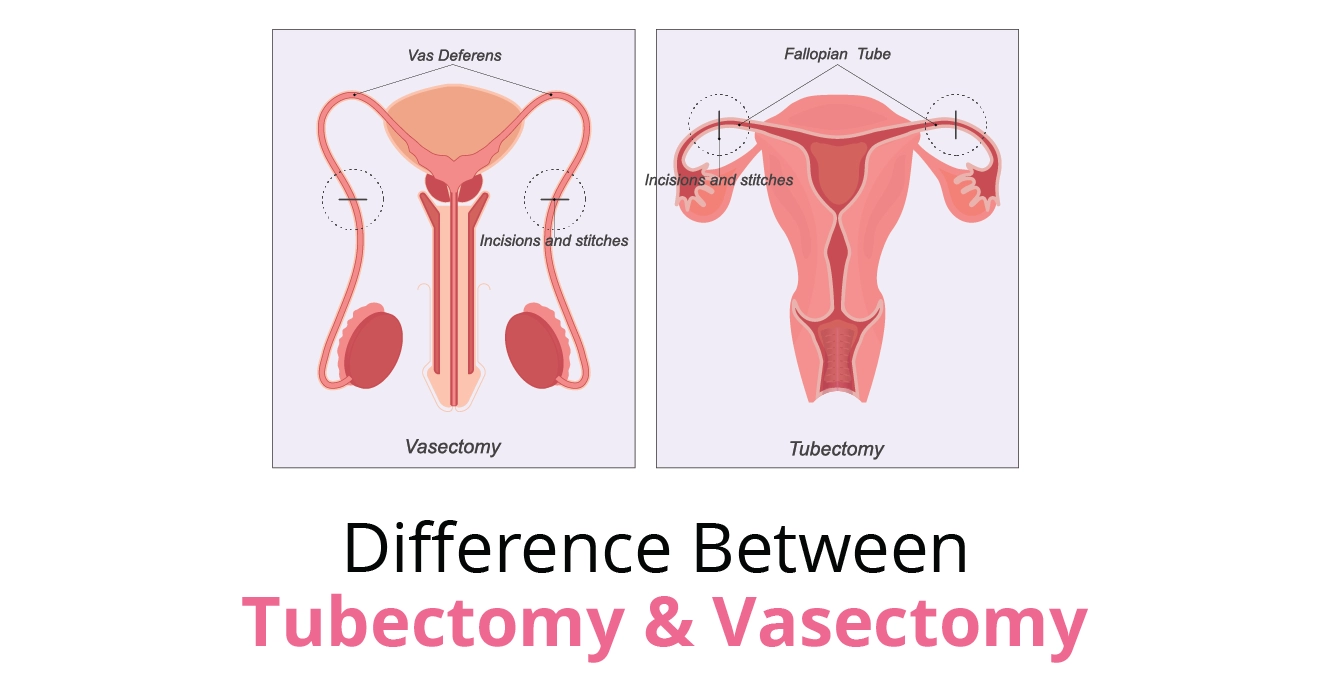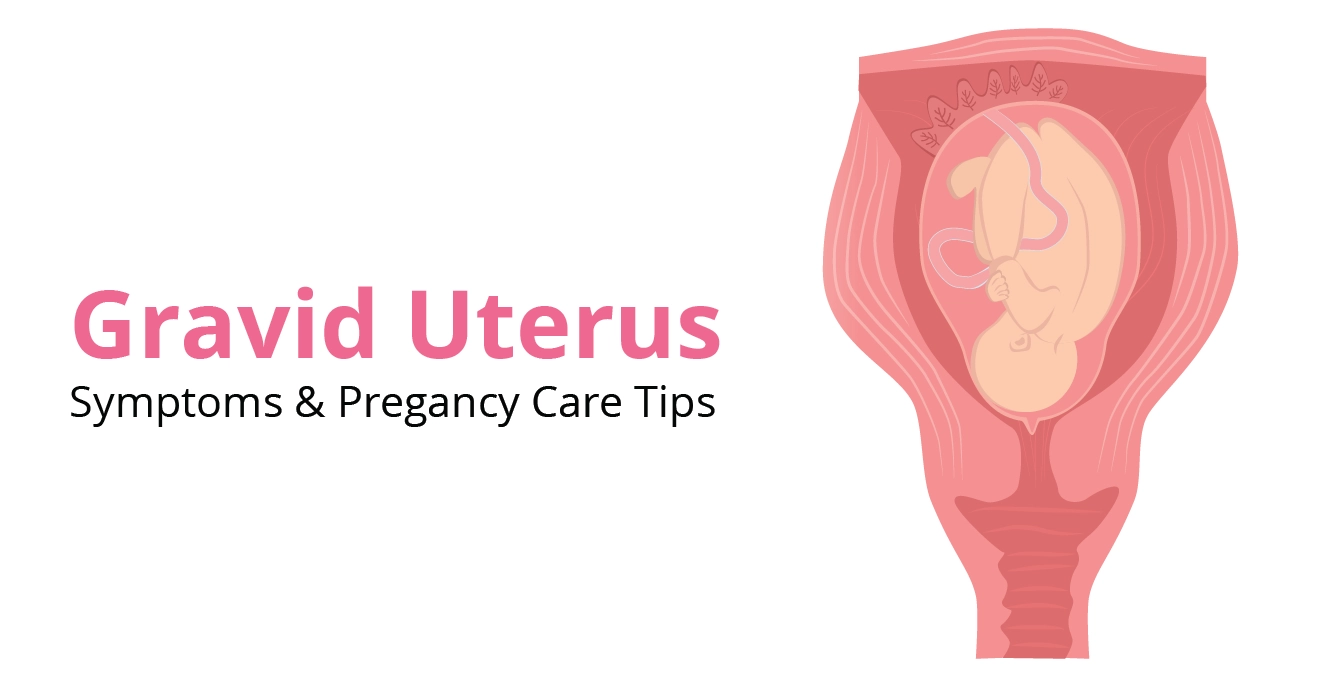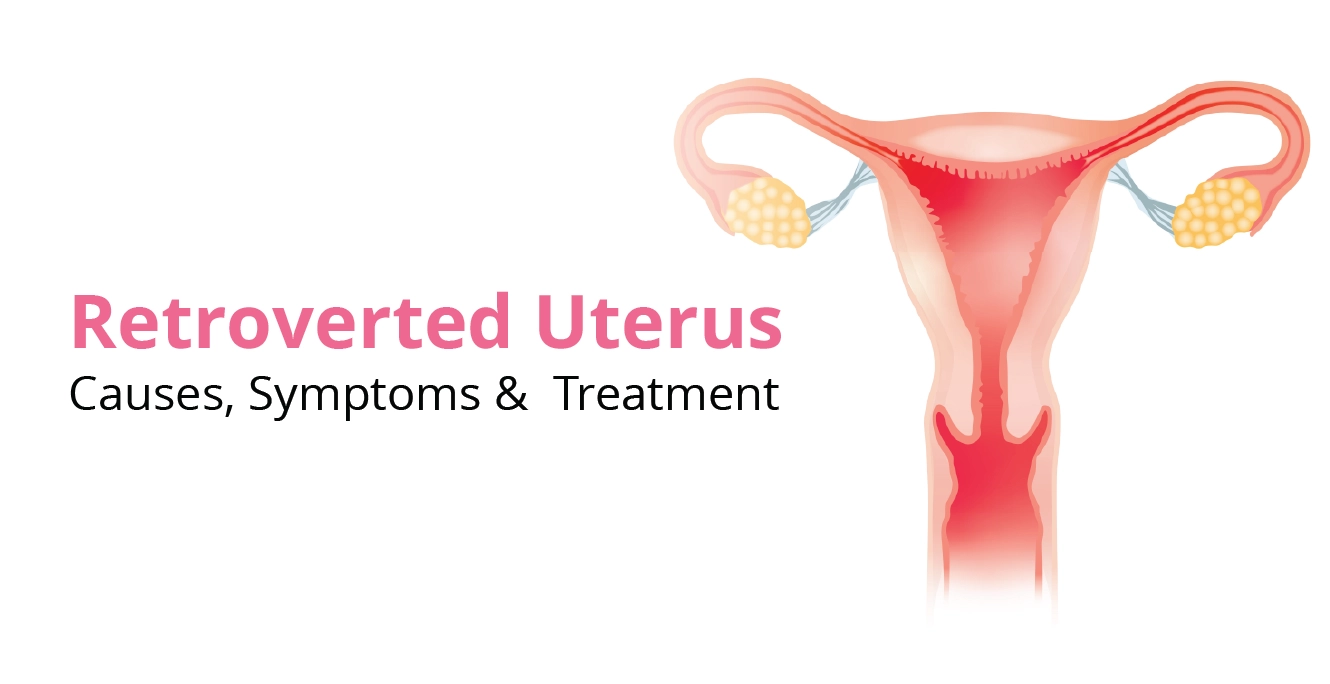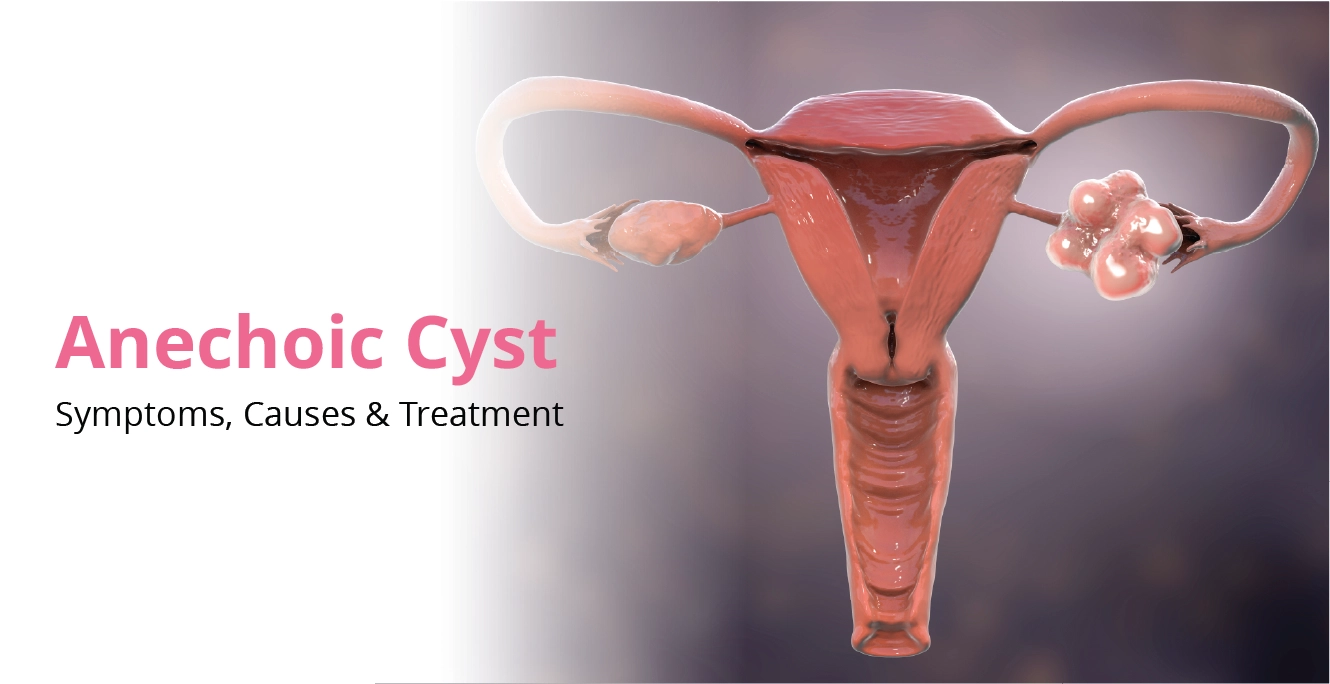Preservation for Cancer Patients
Fertility preservation for cancer patients involves protecting their reproductive potential before undertaking treatments like chemotherapy or radiation. Some of the techniques include sperm, egg, and embryo freezing. These techniques offer a ray of hope for those keen on planning a family in the future.

What is Cancer Fertility Preservation?
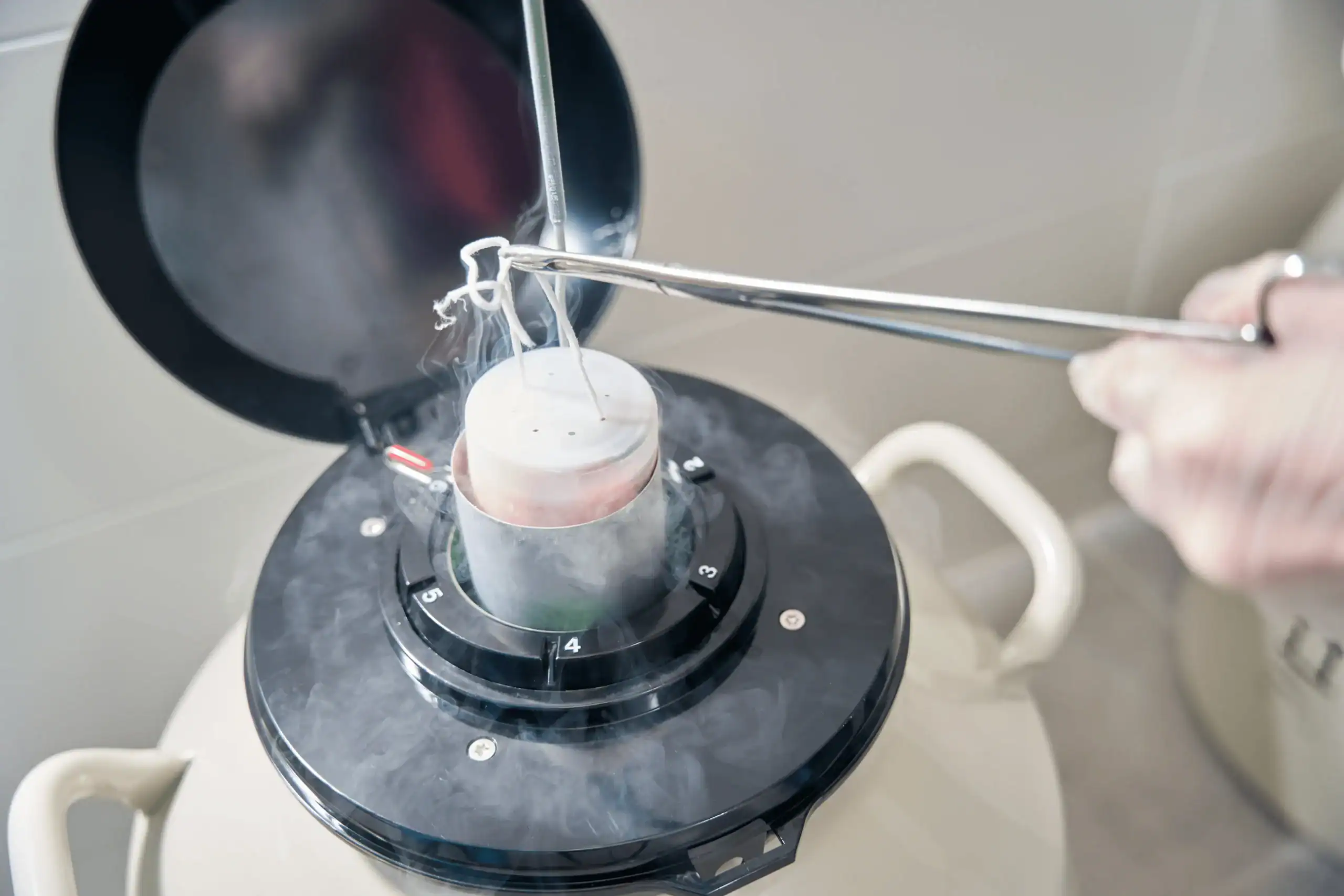
Cancer fertility preservation is the process of securing a cancer patient’s reproductive potential before they undergo cancer treatments. In many instances, cancer therapies like chemotherapy, radiation, or surgeries could impair one’s fertility. They may also harm the functions of the uterus, testicles, and ovaries. Thanks to advancements in assisted reproductive technology (ART), it is now possible to maintain fertility with various treatments.
Birla Fertility and IVF Centre offers a wide range of fertility preservation procedures. This includes egg freezing, ovarian cortex freezing, embryo freezing, sperm freezing, and testicular tissue freezing. They offer the best care, support, and counselling throughout the fertility preservation procedure. This gives cancer patients peace of mind and hope for the future.
How Does Cancer Treatment Affect Fertility?
The patient’s age, cancer type, stage, and treatment can impact the patient’s fertility. Patients need to understand how different treatments can affect their reproductive health.
-
Chemotherapy: Chemotherapy uses drugs like cisplatin and alkylating agents to kill cancer cells. However, these can cause damage to healthy cells, including reproductive cells. This affects the woman’s ability to conceive.
-
Surgery: Surgical treatments involving the removal of the reproductive organs can directly impact fertility. They include removing the uterus (hysterectomy), the ovaries (oophorectomy), and one or both testicles (orchiectomy).
-
Radiation Therapy: Radiation can harm fertility by damaging eggs. It can also reduce sperm production, depending on the amount, radiation field, and location.
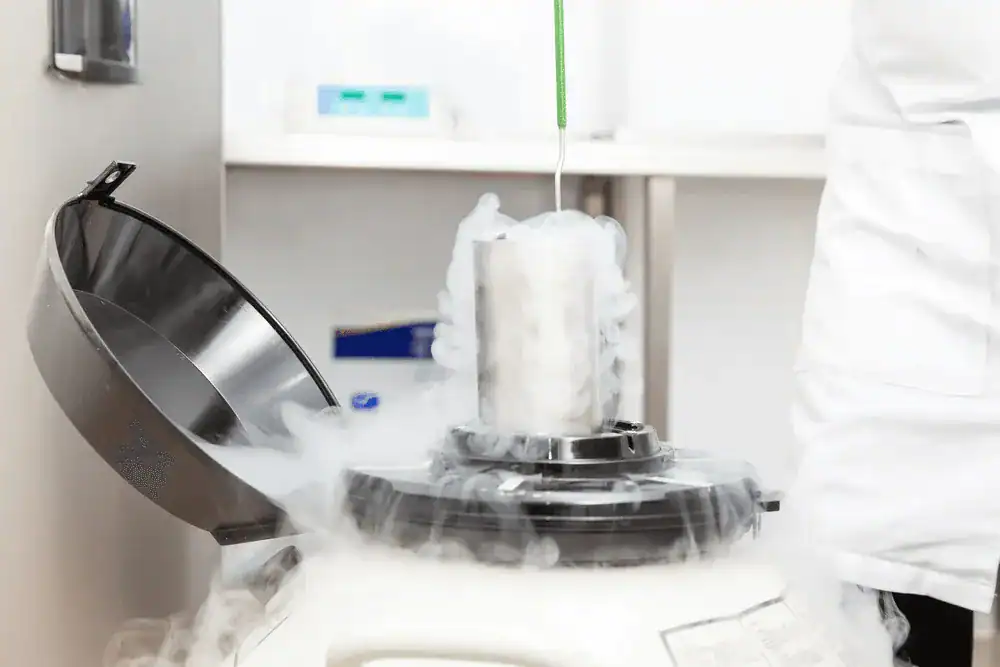
Fertility Preservation Method Before Cancer Treatment
Fertility Preservation for Women Before Cancer Treatment
Cancer treatments like radiation, chemotherapy, and surgeries could lead to ovarian damage and a reduction in egg quality and quantity. This impacts women’s ability to conceive. Women can preserve fertility through the options listed below, before starting cancer treatment. These options counter the potential effects of chemotherapy, radiation, or surgery on reproductive health.
-
Egg Freezing
-
Egg freezing, also known as oocyte cryopreservation, involves retrieving and freezing a woman’s unfertilized eggs for later use.
-
It preserves genetic material in women and the possibility of conceiving in the future through in vitro fertilisation (IVF).
-
-
Embryo Freezing
-
Embryo freezing is a process where the retrieved eggs are fertilised to develop into embryos before freezing.
-
The sperm is obtained from the woman’s partner or via a donor.
-
Research indicates that embryos can survive the freezing process up to 90% of the time.
-
-
Removal of Cervix (Trachelectomy):
-
Trachelectomy is a surgical procedure involving the removal of the cervix. It is an option to treat early-stage cervical cancer.
-
This surgery leaves the uterus intact, allowing women to conceive in the future, either naturally or through ART.
-
Fertility Preservation for Men Before Cancer Treatment
Cancer treatments like chemotherapy and radiation can significantly impact male fertility. Fertility preservation is crucial for men undergoing cancer treatment, as it helps them maintain their reproductive potential. By choosing sperm preservation or protecting their testicles, men can ensure future family options.
-
Sperm Preservation
-
Sperm preservation, or sperm banking, is a process where a semen sample is collected, processed, and frozen for future use.
-
The frozen sperm can be used to start a family either through ART like IVF and intrauterine insemination (IUI) or naturally.
-
The success rates of using frozen sperm for assisted reproduction are comparable to using fresh sperm.
-
This simple and non-invasive procedure offers a reliable option for men to preserve their fertility before undergoing cancer treatment.
-
-
Shielding Testicles
-
While undergoing radiation therapy, it is important to protect the testicles from radiation exposure.
-
Radiation can impair the delicate testicle tissues, thereby affecting sperm production and fertility.
-
To reduce the risk, small lead shields (gonadal shields) are placed over the testicles during the treatment.
-
These shields help block the amount of radiation reaching the testicles, thereby reducing potential damage.
-
Why Choose Us
Choosing the right fertility clinic is crucial for starting your family. At Birla Fertility & IVF, we offer personalised care with expert specialists guiding you every step of the way. Our advanced labs and outstanding success rates have helped over 2,30,000 patients achieve their dream of parenthood.
Frequently Asked Questions
Recent Blogs
Book an appointment
Hassle-Free Appointment Booking
Select Preferences
I know my doctor
Cervical Cancer Cost in Different Cities
- Cervical Cancer Vaccine Cost in Gurgaon
- Cervical Cancer Vaccine Cost in Bangalore
- Cervical Cancer Vaccine Cost in Bhubaneswar
- Cervical Cancer Vaccine Cost in Lucknow
- Cervical Cancer Vaccine Cost in Hyderabad
- Cervical Cancer Vaccine Cost in Kolkata
- Cervical Cancer Vaccine Cost in Mumbai
- Cervical Cancer Vaccine Cost in Delhi
- Cervical Cancer Vaccine Cost in India
Cervical Cancer Treatment in Different Cities
- Cervical Cancer Treatment in Jalandhar
- Cervical Cancer Treatment in Perinthalmanna
- Cervical Cancer Treatment in Thrissur
- Cervical Cancer Treatment in Palakkad
- Cervical Cancer Treatment in Kannur
- Cervical Cancer Treatment in Kozhikode
- Cervical Cancer Treatment in Ranchi
- Cervical Cancer Treatment in Patna
- Cervical Cancer Treatment in Varanasi
- Cervical Cancer Treatment in Gorakhpur
- Cervical Cancer Treatment in Meerut
- Cervical Cancer Treatment in Prayagraj
- Cervical Cancer Treatment in Kolar
- Cervical Cancer Treatment in Salem
- Cervical Cancer Treatment in Vijayapura
- Cervical Cancer Treatment in Nagpur
- Cervical Cancer Treatment in Raipur
- Cervical Cancer Treatment in Rewari
- Cervical Cancer Treatment in Jaipur
- Cervical Cancer Treatment in Guwahati
- Cervical Cancer Treatment in Siliguri
- Cervical Cancer Treatment in Howrah
- Cervical Cancer Treatment in Indore
- Cervical Cancer Treatment in Bhopal
- Cervical Cancer Treatment in Bhubaneswar
- Cervical Cancer Treatment in Cuttack
- Cervical Cancer Treatment in Surat
- Cervical Cancer Treatment in Ahmedabad
- Cervical Cancer Treatment in Mangalore
- Cervical Cancer Treatment in Chandigarh
- Cervical Cancer Treatment in Hyderabad
- Cervical Cancer Treatment in Lucknow
- Cervical Cancer Treatment in Bangalore
- Cervical Cancer Treatment in Chennai
- Cervical Cancer Treatment in Mumbai
- Cervical Cancer Treatment in Kolkata
- Cervical Cancer Treatment in Noida
- Cervical Cancer Treatment in Gurgaon
- Cervical Cancer Treatment in Delhi
Cervical Cancer Doctors in Different Cities
- Cervical Cancer Doctors in Gurgaon
- Cervical Cancer Doctors in Bangalore
- Cervical Cancer Doctors in Bhubaneswar
- Cervical Cancer Doctors in Lucknow
- Cervical Cancer Doctors in Hyderabad
- Cervical Cancer Doctors in Kolkata
- Cervical Cancer Doctors in Mumbai
- Cervical Cancer Doctors in India
- Cervical Cancer Doctors in Delhi

 Our Centers
Our Centers



















